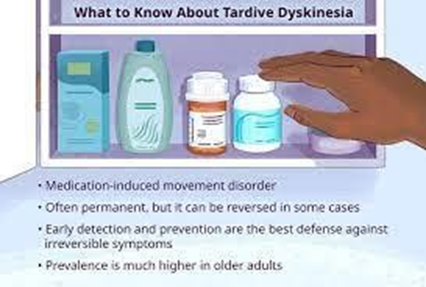Lability is described as a rapid change in emotions. True or False
True
False
The Correct Answer is A
Lability refers to the rapid and unpredictable shift in an individual’s emotional states, for instance, an individual may move from laughing to crying within a span of seconds with no apparent reason. This may affect the individual’s ability to function and cope with daily life, as well as their relationships with others. It is caused by conditions such as brain injury, neurological disorders, mood disorders, or substance abuse.
Nursing Test Bank
Naxlex Comprehensive Predictor Exams
Related Questions
Correct Answer is C
Explanation
Choice A rationale: High temperatures do not usually cause people to become calm unless they are suffering from heat exhaustion or heat stroke, which are medical emergencies.
Choice B rationale: depression is usually associated with low temperatures and reduced sunlight exposure rather than high temperatures.
Choice C rationale: high temperatures is associated with arousal and agitation in some individuals which may be due to the effects of heat on the individual’s nervous system, cardiovascular, and endocrine systems.
Choice D rationale: confusion is not usually associated with confusion. However, it may result in confusion in older adults and individuals with other underlying conditions.
Correct Answer is B
Explanation
Choice A rationale: Akathisia refers to restlessness and agitation and is a common side effect of antipsychotic medications. This condition can be reversed by reducing the dose of antipsychotic medication taken by the client.
Choice B rationale: Tardive dyskinesia refers to the involuntary movement of body parts such as the limbs, face, jaw, and tongue and is a common side effect of long-term use of first-generation antipsychotic medications which work by blocking dopamine receptors. This condition is irreversible, especially when not detected early.
Choice C rationale: Dystonia which refers to muscle spasms affecting the jaw, eyes, and limbs can be reversed by the use of anticholinergic medications or botulin toxin.
Choice D: Akinesia refers to the absence of movement and can be managed by adjusting the dosage of the antipsychotic medications being taken by the patient.

Whether you are a student looking to ace your exams or a practicing nurse seeking to enhance your expertise , our nursing education contents will empower you with the confidence and competence to make a difference in the lives of patients and become a respected leader in the healthcare field.
Visit Naxlex, invest in your future and unlock endless possibilities with our unparalleled nursing education contents today
Report Wrong Answer on the Current Question
Do you disagree with the answer? If yes, what is your expected answer? Explain.
Kindly be descriptive with the issue you are facing.
